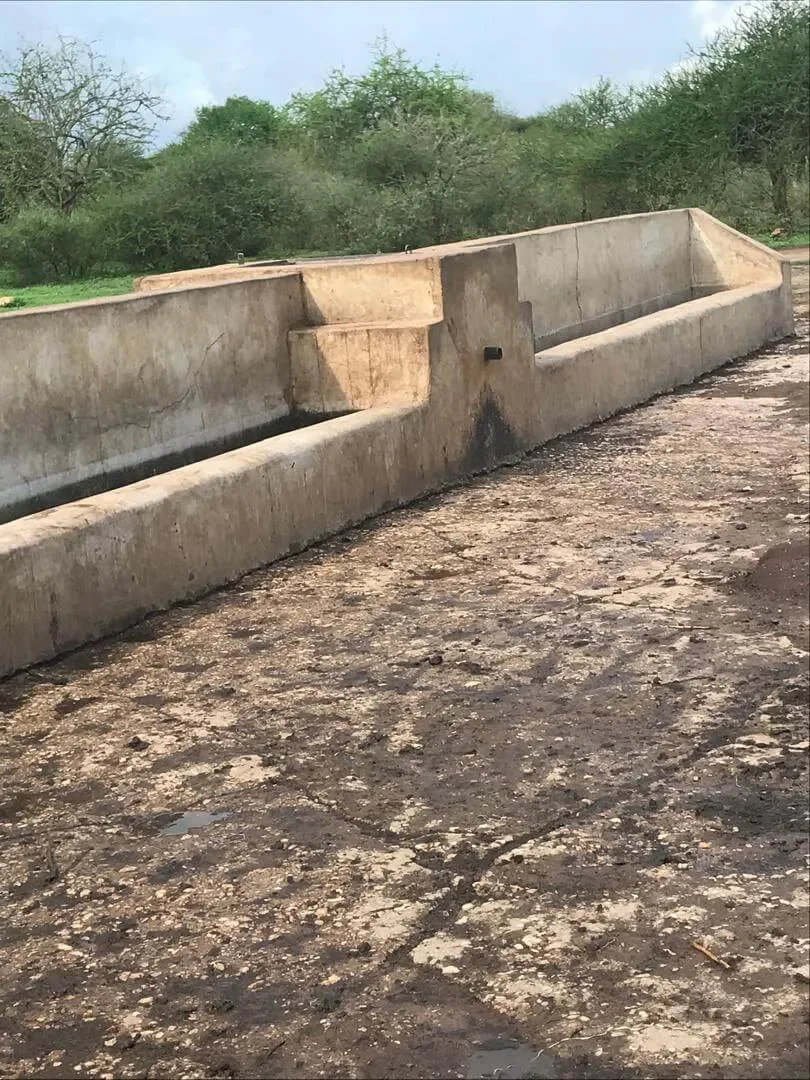The impact of poverty and exclusion
The Maasai belong to the indigenous populations of Tanzania. As a semi-nomadic people, they have lived close to nature for generations. But as a 'minority', they often stand on the sidelines socially, economically and politically. Land rights are violated, their living areas are shrinking and government support is minimal. The consequences? Structural poverty, little infrastructure and no access to basic services such as clean water.
In the dry interior of Tanzania, clean water is a daily struggle
While we in the Netherlands turn on the tap without thinking, the reality looks very different for the Maasai communities in the interior of Tanzania. In villages like Loolera and Lembapuli, access to clean drinking water is not a given, but a daily struggle.
Women and children bear the burden
Every morning, women and children walk kilometers to fetch water. Not only is that water often contaminated, it also costs enormous amounts of time and energy. Water shortages affect not only health, but also education, agriculture and economic opportunities.
Water infrastructure as a human right
ASHE Foundation works together with local partners for sustainable water solutions in the region. With relatively simple means – such as rainwater harvesting, water tanks and pipeline systems – we can make a world of difference. Improving water infrastructure means not only cleaner water, but also:
- more time for education
- fewer diseases
- economic development
- more equality and dignity
Together we make the difference
You can help. With a donation you directly support projects that structurally improve the lives of the Maasai communities. Not luxury, but human rights.
Become part of the solution
Together we can help the Maasai community in Tanzania through this difficult period.
Donate